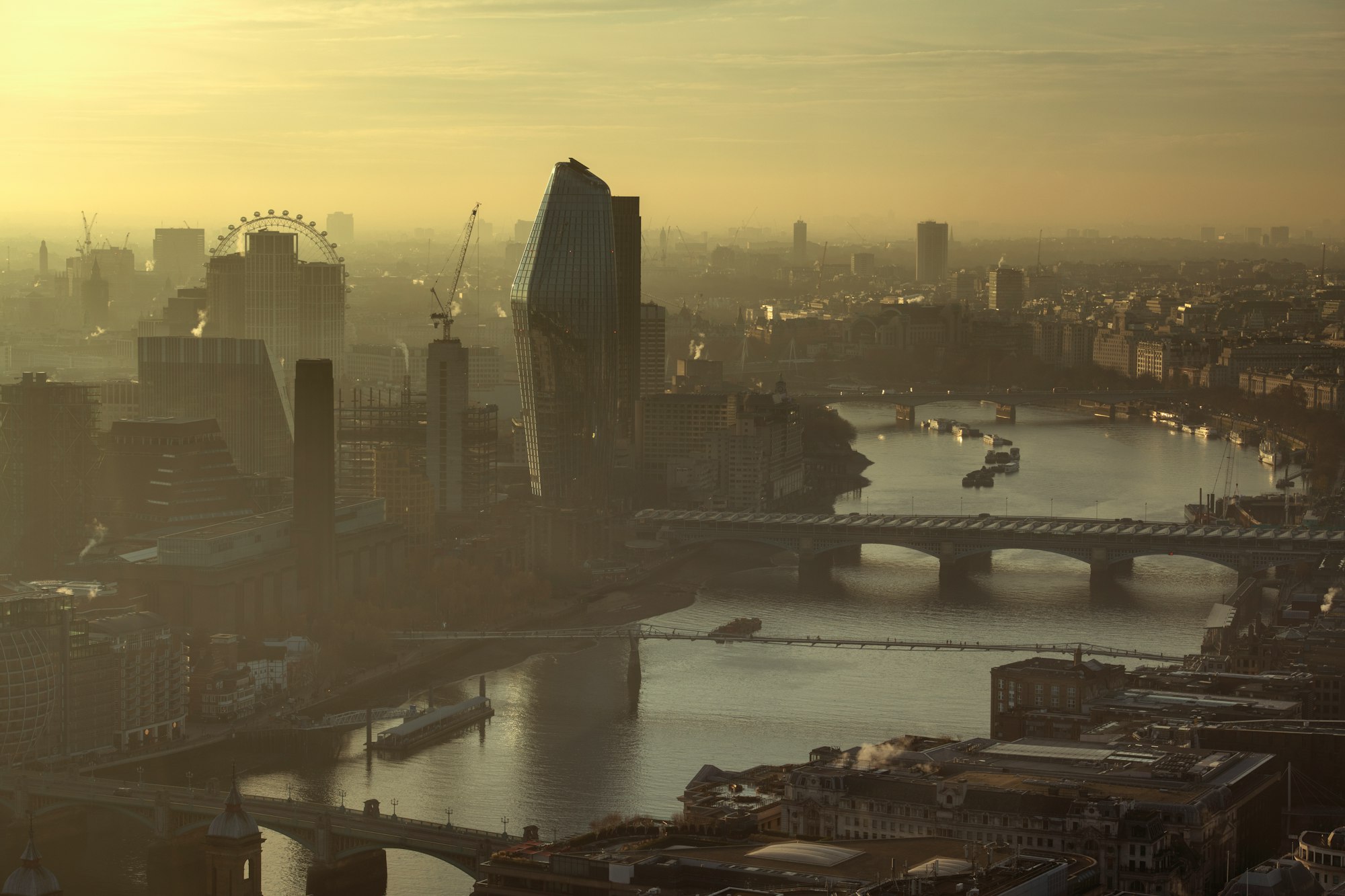There is a lot of support for Islington Council's People Friendly Streets scheme (or Low Traffic Neighbourhoods - LTNs) because the evidence is clear that the dramatic rise in motor vehicles is unsustainable. We know transport is a major source of air pollution which is seriously bad for our health particularly during a respiratory pandemic. However, even in the face of all this evidence reducing our dependence on cars is a challenge, one we have to take up now to protect everyone, especially children.
I remember passing my driving test, it was one of the happiest days of my life I thought it meant I could do anything. Turns out that was a myth, I could just drive a car. I moved to a city with a fantastic cycling and walking infrastructure and it completely changed my perspective, I realised we can go about our business without a car if there are safe and pleasant walking and cycling routes. This sadly is not the case in Islington but thankfully the People Friendly Streets Scheme is attempting to rectify that.
Islington Council were elected with a manifesto to introduce low traffic neighbourhoods. The global pandemic and the huge reduction in public transport capacity has necessitated the rapid implementation of safer spaces for walking and cycling and the creation of space for social distancing. Not only has time not been on the Council's side, they are up against misinformation about LTNs and a car industry with a multi-million-pound advertising budget, that fools many of us.
Covid-19 has rightly involved a huge public awareness campaign supported by international media and central government, highlighting the health risks, impacts and our role in protecting others. Despite the immense challenges and tragedies, the pandemic has brought, Covid has shown that we are capable of making enormous changes to our behaviour to protect the vulnerable. We must do that again to protect another vulnerable group – our children – from the damaging health impacts caused by air pollution.
On 16 December, a coroner ruled that illegal levels of air pollution, predominantly from traffic, had contributed to the death of nine year old Ella Kissi-Debrah. This decision reveals that Ella’s death could have been avoided and will increase pressure on governments and local authorities to tackle illegal levels of air pollution This landmark in legal history follows a tireless campaign fought by Ella's mother Rosamund. She has shared her story to raise awareness and prevent other families having to endure the heart-breaking pain and suffering she and her family experienced. Our thoughts are with the family at this time.
I dread to think how it must feel for your child to suffer from air pollution-related illnesses due to where they live, let alone living with the tragic loss of a child knowing it could have so easily been prevented. The damage to children's health starts in the womb, as harmful particles enter their body via their mother. Before they are born air pollution damages children, a disadvantage which remains with them for the rest of their lives. For many children living in London this is compounded by other forms of social deprivation and inequality.
The major source of air pollution in Islington is traffic. LTNs reduce traffic volume and therefore reduce air pollution. There are already positive reports from schemes around the world that have been in place for some time which indicate LTNs have benefits for everyone. Islington's People Friendly Streets (LTNs) are being introduced on a 12-month trial basis, which allows residents to experience them and give informed feedback to the council. The council have confirmed in public meetings that they are monitoring changes and engaging with the wide range of people in our diverse community. I urge you to go and see what it's like in St Peter's, Canonbury and Highbury (and fill out the Council's Highbury Consultation Survey). Reimagine your road space, walk and cycle with your children on safer streets, listen to the birds sing, breath in cleaner air, speak to your neighbours, more importantly give People Friendly Streets a chance - you may find you love them.
Published in Islington Tribune on 8 January 2021








